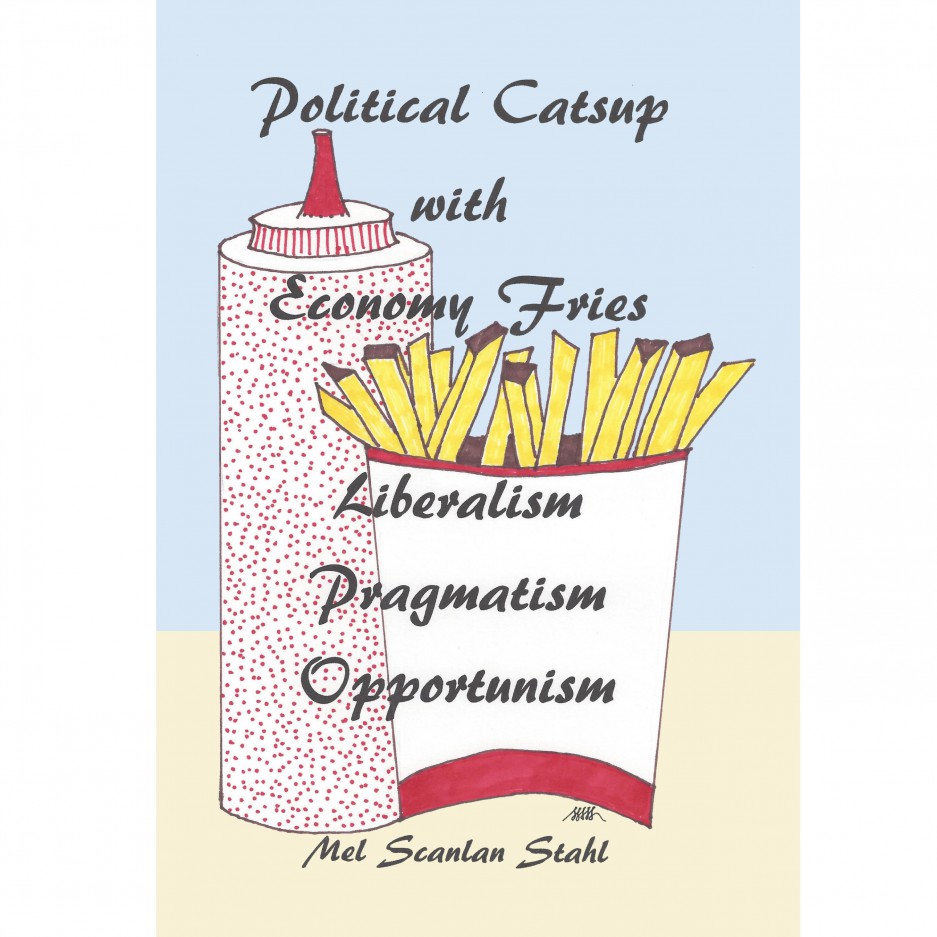There’s no reason for you or anyone else to be surprised by the neoliberal age now in 2017. Neoliberalism got started after WWII and it’s been ongoing since then. If you aren’t aware of it by now, you haven’t been paying attention. Neoliberalism is government sponsored corporatism. It is the modus operandi that explains why the TPP was being written in closed sessions during the Obama Administration. And it was being written by corporate entities and their lawyers seeking to protect various vested interests by writing the treaty. When the public realized what NAFTA had done and decided that the TPP was worse, many of them wrote their Congress members to oppose its passage. They broke through from indifference to an understanding that saying “no” to the TPP was essential to protecting their access to opportunities that would be lost to them if it was passed. And Congress listened. And President Trump also listened.
Neoliberalism also explains why insurance companies played such a large role in drafting the ACA during President Obama’s Administration. It was supposed to make a lot of money for insurance companies until most people in the public turned their backs on it. Even without clear reporting about the ACA (several Freedom of Information requests were ignored by the Obama Administration) the public realized that the ACA wasn’t a viable plan for the nation’s healthcare. Most of the ACA sign ups were accomplished through the welfare bureaucracy to bring in people on Medicaid. Writing legislation with corporate interests in mind has been going on for a long time. It is the way Washington does its political dance now in 2017.
I was reading a recent criticism that President Trump has too many corporate players involved in government as though that should be surprising. But corporations and governments have been dancing together since 1944. Why act surprised about that? Government started thinking of corporate welfare as more important than individual welfare starting in 1944. After 1944, laws were gradually changed in the United States to support corporate interests, starting with tax laws. If you wish to change our government and reactivate the government’s interest in your welfare, then pay attention to policies being argued over in Washington D.C.. Understand that you should look carefully at new legislation because it may affect your interests. There isn’t a professional class of bureaucrats and elected officials that you can rely upon to look out for you except when you remind them what you want them to do. Don’t expect them to automatically work on your behalf when corporations have played such a large role in motivating our government’s policies since 1944.
I don’t know if President Trump will be able to change policies to bring jobs back to the jobless, or revoke the ACA in a time of healthcare racketeering, or rebalance international trade agreements to improve the American economy, or re-mobilize and reorganize our military to decrease its empire role and refocus it as a capable defensive force to protect us here at home. But whatever he does, he is doing in the neoliberal age. So there’s no need to act surprised about that. And when various people step forward and speak about politics, you should be aware that it may not be your interests that they keep close to their hearts. Your interests may not concern them at all. Finally, both the Democrats and the Republicans are completely loyal to neoliberal politics. You can tell that’s true if you look at how your share of the political and economic pie keeps shrinking. It’s up to you to speak up and reject more interference from them in your interests. Because neoliberals will put you and your interests last as often as you let them.
If you want to increase your awareness of the neoliberal age, then buy a copy of Political Catsup with Economy Fries available at Amazon.com. I explain neoliberalism’s origins, timing and how it grew to become so influential. I identify the people who brought in neoliberal ideas in economics and how neoliberalism affected American politics.
